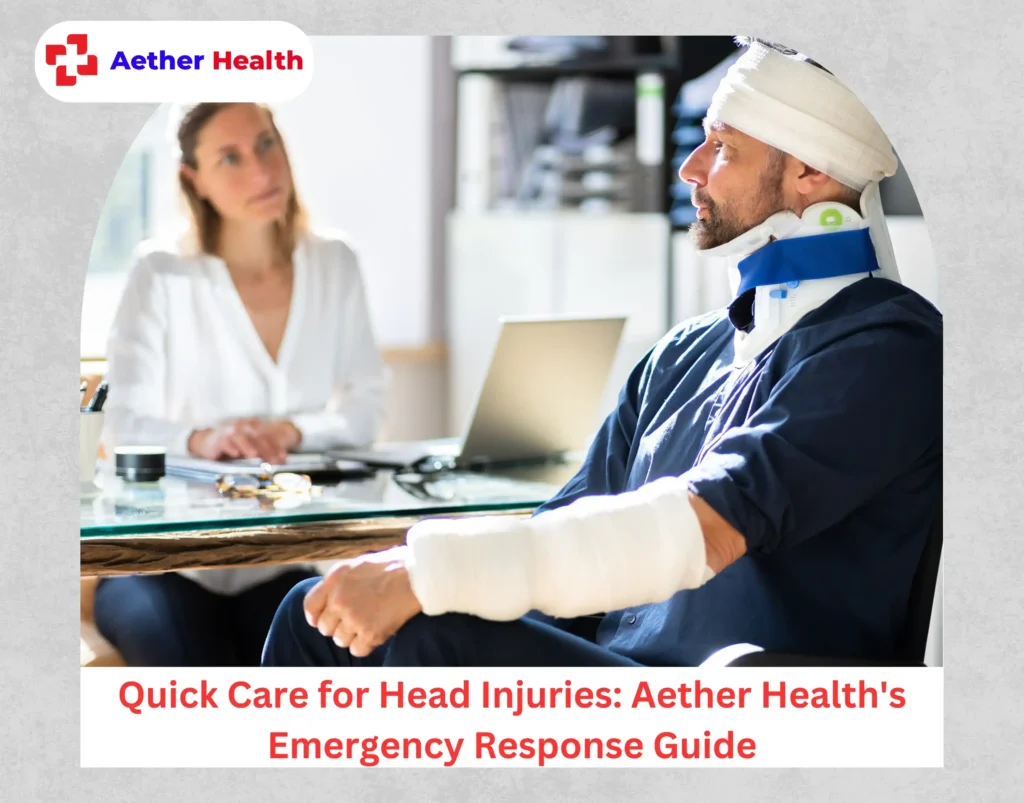Dealing with back pain can be a confusing experience, leaving you unsure of the severity of your injury.
Whether it’s a result of an accident, an awkward movement, or an unexplained onset, it’s important to know when to seek medical help.
In this article, we’ll explore how to know if back pain is serious, delve into its common causes, and discuss how to distinguish between muscle pain and disc damage.
Understanding these factors can assist you in taking the right steps toward treatment and recovery.
What is considered a serious back injury?
A serious back injury is any damage to the spine or supporting muscles that significantly impairs your movement or causes intense pain.
Such injuries can have a range of symptoms, including sharp or stabbing pain, reduced range of motion, numbness, or tingling in the extremities.
In more severe cases, serious back injury symptoms may also lead to weakness or paralysis in parts of the body.
If you experience bladder or bowel control problems or if the pain is accompanied by fever, this could indicate a serious condition requiring immediate medical attention.
What causes a serious back injury?
Serious back injuries can result from a variety of incidents or conditions. Common causes include physical trauma from accidents, falls, sports injuries, or sudden impacts.
Heavy lifting or improper lifting techniques can also lead to severe damage to the back muscles, ligaments, and spine.
Other causes may include degenerative conditions like osteoarthritis, osteoporosis, herniated discs, and spinal stenosis. Sometimes, repetitive motion or prolonged poor posture can contribute to significant back problems as well.
How do you know if back pain is muscle or disc?
Determining whether back pain is due to a muscle strain or a disc issue can be challenging without medical expertise, but certain symptoms can give you clues.
Muscle pain is often localized, can be associated with a specific injury or overstretched muscles, and usually presents as a dull, aching soreness. It may worsen with movement, and feel better when resting.
Disc pain, on the other hand, commonly involves a sharper, radiating pain that can extend to other areas of the body, such as the legs or arms.
Discogenic pain often intensifies with movements that pressure the spine, like bending forward or sitting down.
Any back pain that persists for over a few days or is severe enough to impede your daily activities warrants a professional medical evaluation.
Will a Serious Back Injury Heal on Its Own?

Without the proper treatment, a serious back injury is unlikely to heal on its own. While minor strains or sprains can improve with rest, ice, and over-the-counter pain relief, significant injuries require medical intervention.
The complexity of the spine’s structure means that injuries can affect an interwoven system of nerves, muscles, bones, and discs that do not readily repair themselves without assistance.
For example, herniated discs and fractures may necessitate physical therapy, medications, or even surgery. It is crucial to consult with a healthcare professional for an accurate diagnosis and appropriate treatment plan.
What symptoms of back pain should prompt you to see a doctor?
When experiencing back pain, some symptoms serve as alarms to seek medical advice. Recognizing these symptoms is the first step in preventing further damage and ensuring timely and effective treatment.
1. Trouble Relieving Yourself
If back pain is accompanied by difficulties in controlling or passing urine or stool, this could indicate nerve damage or compression in the lower part of your spinal cord.
This condition, known as cauda equina syndrome, is considered a surgical emergency. Early detection and treatment are crucial for a better chance of full recovery and the prevention of long-term damage.
2. Issues with Breathing
Severe upper back pain that impairs your breathing or causes shortness of breath can indicate a serious problem, such as fractured vertebrae or a herniated disc pressing on nerves that affect respiratory function.
This is a rare condition but requires immediate medical attention to address any potential threats to your respiratory system.
3. Difficulty Walking
If you’re having trouble walking, maintaining balance, or experiencing weakness in your legs alongside back pain, these could be symptoms of nerve compression or central spinal stenosis.
This decreased function can lead to falls or serious injuries, making it essential to see a doctor to address these issues promptly.
4. Noticeable Bulges or Hunching
Visible changes in the contour of your back, such as bulges or an abnormal forward spinal curve, could suggest a serious condition like a slipped or herniated disc or even scoliosis.
These types of structural changes often require medical evaluation and treatment to manage pain and prevent further progression.
5. Reduced Height
A surprising decrease in your height could be due to compression fractures or osteoporosis, conditions that can cause the vertebrae to collapse.
These conditions not only cause pain but can also be indicative of bone health issues that need addressing to avoid recurring problems.
When to go to urgent care for back pain?

Urgent care may be appropriate for back pain when the pain is intense and sudden but not life-threatening and when you cannot get a prompt appointment with your regular physician.
If your pain is unmanageable with over-the-counter medications, if you’ve suffered a minor fall or injury, or if your regular movement is impaired to the extent that you’re unable to perform daily activities, these are all scenarios where urgent care can help assess and manage your condition before it escalates.
What can urgent care do for severe back pain?
Healthcare professionals can perform initial examinations to determine the cause of your back pain. They may offer treatments such as injections for pain relief, muscle relaxants, or anti-inflammatory medications.
Urgent care centers can also perform x-rays or recommend follow-up care with specialists if needed. While they typically don’t offer complex diagnostics or long-term treatment plans, they can stabilize your condition and refer you to the appropriate services for ongoing care.
How do you treat a serious back injury?
Treating a serious back injury often requires a multifaceted approach. Initially, the treatment may involve rest to allow the spine to recover, coupled with anti-inflammatory medications to reduce swelling and pain.
Depending on the injury, cold or heat therapy can also be beneficial. Eventually, physical therapy plays a critical role in rehabilitating the back by strengthening the muscles and improving flexibility.
In some cases, interventional procedures such as steroid injections or surgery may be needed to relieve pain and repair damage.
It’s crucial to work with healthcare professionals to create a personalized treatment plan tailored to the specific injury and the needs of the individual.
How Long Does It Take For Back Injury To Heal?

The healing time for a serious back injury varies widely depending on the nature and severity of the injury as well as the treatment plan prescribed.
Minor injuries may heal within a few weeks, while more significant injuries can take several months or even longer.
Healing times also depend on the individual’s overall health, age, and adherence to their prescribed rehabilitation program. Engaging in physical therapy and proper self-care are essential components in speeding up the recovery process.
Careful monitoring by healthcare professionals throughout the recovery helps to ensure the healing process is progressing optimally.
Embracing Recovery: Your Journey Back to Spinal Health
At Aether Health, we understand how debilitating a back injury can be, and we are here to support your journey back to spinal health. Our 24/7 emergency room facilities in Texas are equipped to provide immediate care for those suffering from serious back injuries.
If you’re in Pearland or Kingwood, you can rest assured knowing that quality emergency care is close at hand.
Our state-of-the-art facilities are staffed with experienced healthcare professionals ready to offer compassionate and comprehensive care, ensuring you receive an accurate diagnosis and effective treatment at any time of day.
Whether you’re facing an acute injury or a chronic condition that has suddenly worsened, our doors are open to provide the critical care and support necessary to start you on the path to recovery.
With Aether Health’s commitment to excellence and our strategic locations in Pearland and Kingwood, you’re never far from the help you need when facing the challenges of a serious back injury.



